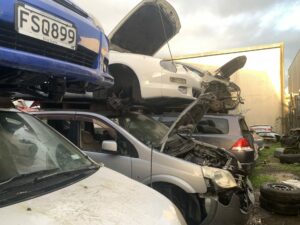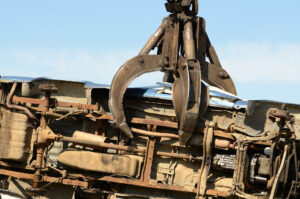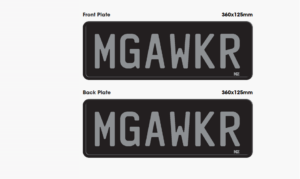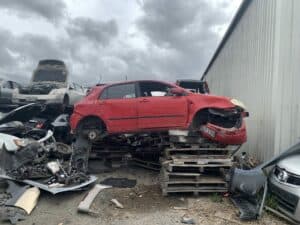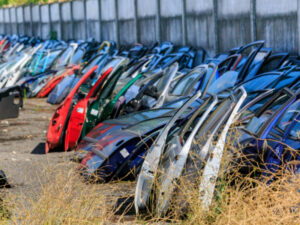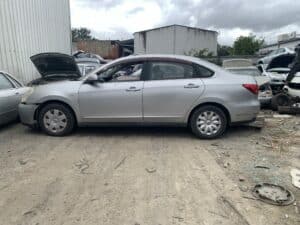No matter how short or long the trip, a car gives you immediate mobility. It is common for New Zealanders to have a sense of independence from owning a car.
A lot of things can go wrong with owning a car because they are complex pieces of machinery. Moreover, vehicles travel thousands of miles annually, causing components to wear out.
You may face potential safety issues if your car fails a roadworthiness check. Maybe it’s time to scrap that car. Check out this guide on how to determine whether your vehicle is still roadworthy or not.
In this article we will cover
The car needs repairs almost every day
What if you had to deal with your car troubles every other day? There is almost always some repair you need to do on your car parts daily. Leaks, sudden turns, and mechanical issues with tyres are more likely to occur. These frequent car repairs may signal that your vehicle is no longer roadworthy.
However, fixing your vehicle whenever possible is a much cheaper and better option. I know people believe newer cars have less carbon footprint which is correct to the most extent but did you know, that using a car long as possible helps the environment more than purchasing a new vehicle? Look it up, no kidding.
You will need to compare the repair costs and the actual worth of the car. The ‘worth’ here also means the value you get out of the car. Let’s take an example if you have an good old 1994 Toyota Corolla which probably would cost about $1500 to buy in running condition.
If it breaks down, which they hardly do, and the mechanic quotes you about $1000 to fix it. Now you need to weigh in factors to know if this $1000 is too much to pay. Ask the following questions
- Do you have another car or mode of reliable transport?
- Have you enough saved to buy a better and new model?
- How long the fix will last? Remember, older models have to renew WOF every 6 months.
- How much will you save by fixing it? Both in money and value.
- How sure are you after this some other part of the car won’t cause any mechanical issues?
Weigh in your options, when you have a clear answer and understanding, make the decision.
Related services
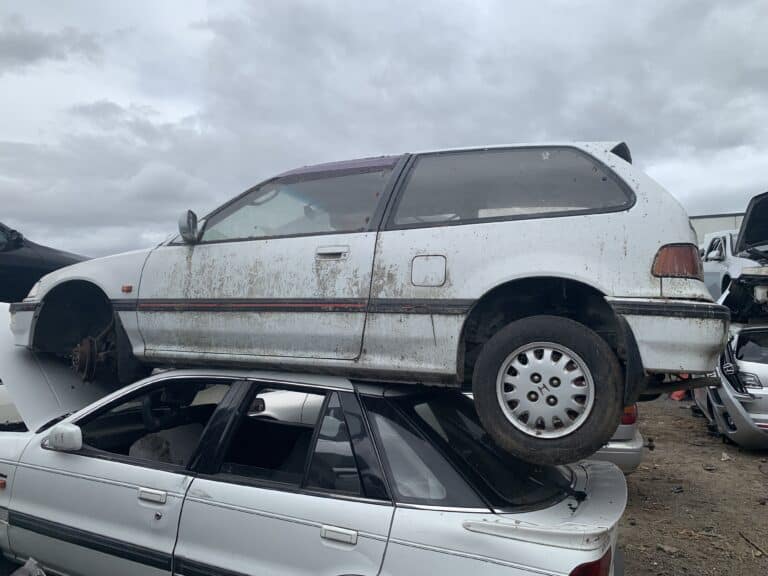
Rust builds up on your vehicle every day
When you notice that your car is rusting more and more with every passing day, it may be best for you to take it to the panel beater as soon as you can. Corrosion caused by rust can damage many parts of your car, including the engine, frame, and body.
As a result of this accumulation of dirt and debris, your car’s structural integrity gets compromised. You might have to scrap it when you notice your vehicle is showing considerable rust and cannot repair it.
Rust is the worst enemy of your car. In most cases, the rust can be treated by a professional panel beater, and boy, they do cost an arm and a leg. I recently had an experience with a panel beater in Hamilton for the same purpose. The WOF failed because of rust so went to them to get my little Nissan warrantable. In short, it cost me $430+ GST to get sorted.
In some cases, the rust spreads and affects too much area and will cost too much to fix to pass a WOF. That’s when you know your vehicle is no longer road worthy. The best option would be to call your nearest car wreckers and sell your car.
The level of safety is low
Your car is your most significant investment in terms of safety. You could be in for a rough ride if something is wrong with your car.
When your car has a low score on the safety scale, it may not meet the recommended safety standards set by the government and other agencies. This could mean that your vehicle doesn’t have airbags or seatbelts are not up to standard or it doesn’t have a strong steel frame. Whenever you notice these, your car has lost its roadworthiness safety-wise. Please note, that low safety ratings don’t mean the vehicle is not roadworthy it means it is better to have a safer model.
When an exhaust leak occurs
If your car is leaking exhaust, it might be time to take it to a mechanic so they can fix it. As carbon monoxide can enter the body and cause poisoning, you should scrap the car if you cannot repair it. Some of the common signs of exhaust leak are
- Whistling noise coming from the engine bay
- Excessive vibrations originating from the exhaust system
- Poor fuel economy
- Check Engine Light (CEL)
- Rattling noise coming from the catalytic converter
Scrapping your car is a smart idea when it shows signs of not being roadworthy. It is recommended, for your and public safety, that you should immediately stop using your vehicle on public roads when it shows any of the above signs even if your vehicle has a current WOF. Drive safe.


